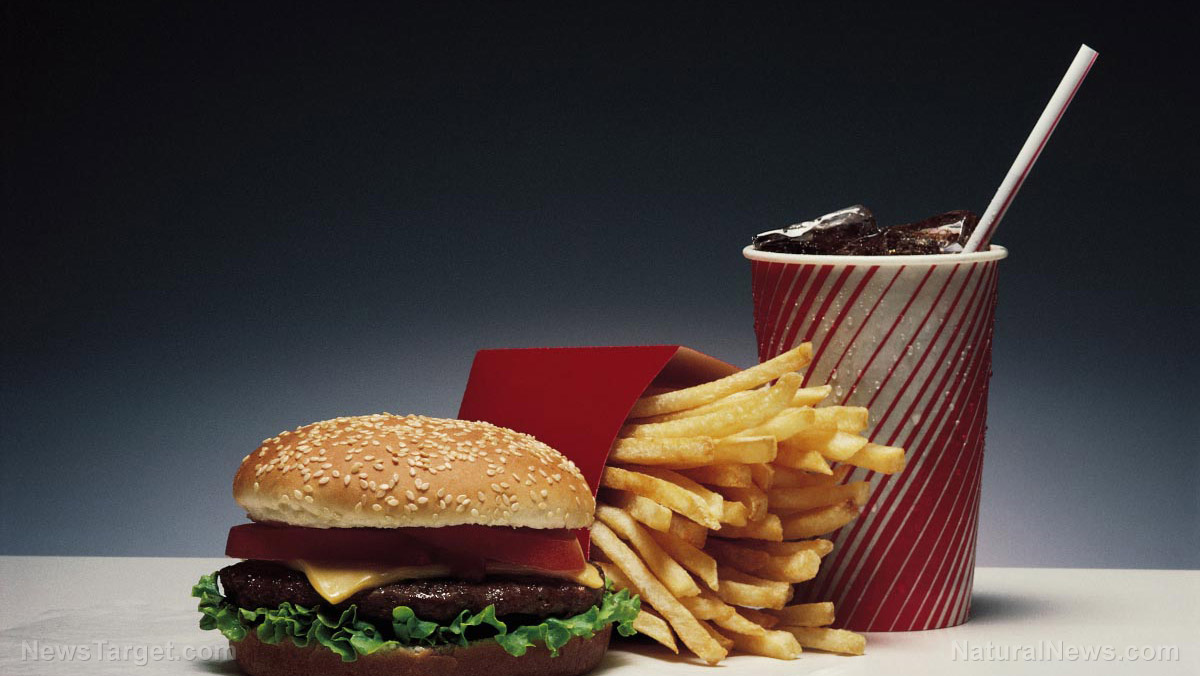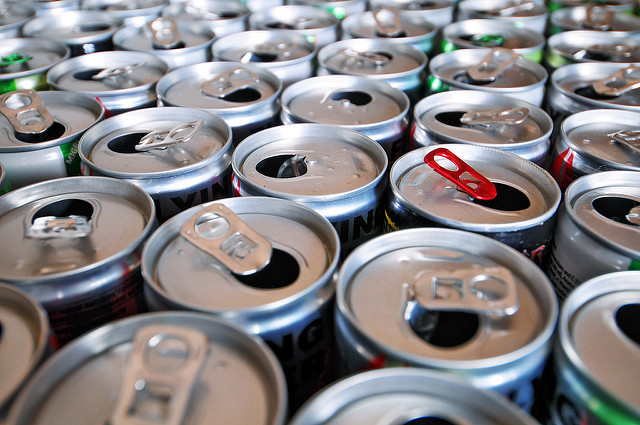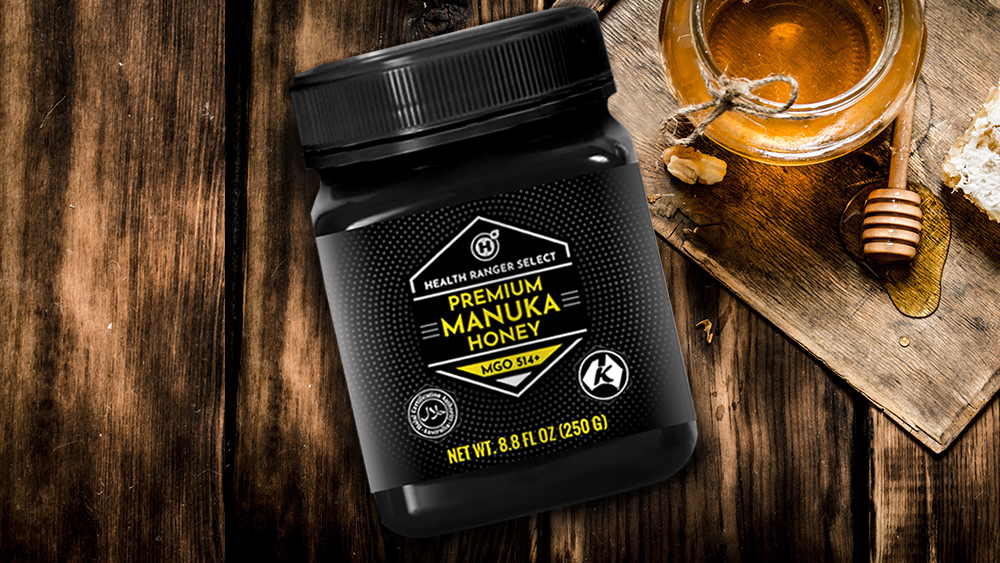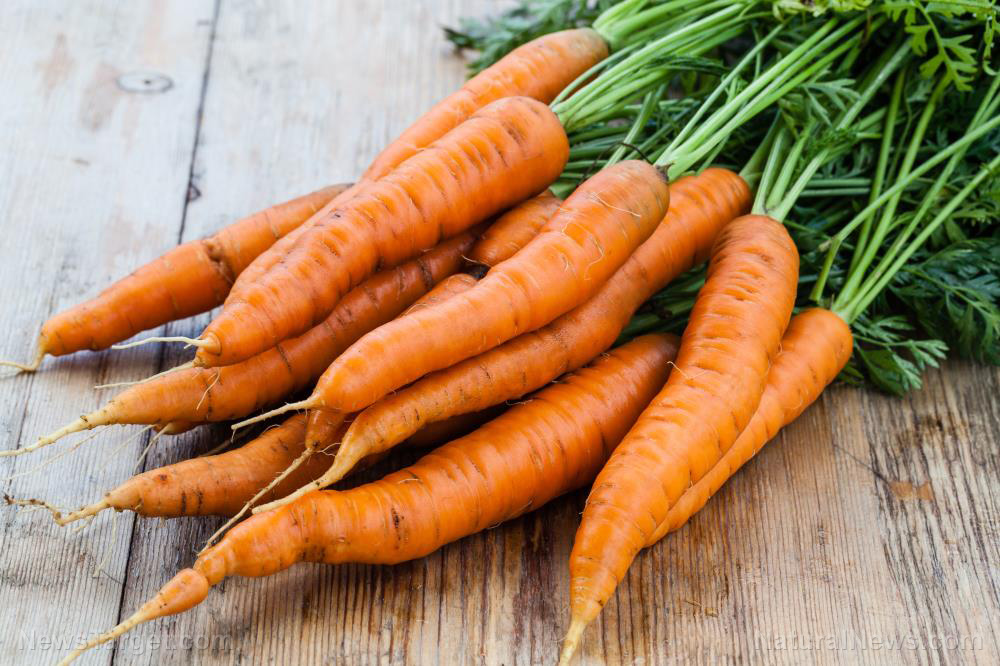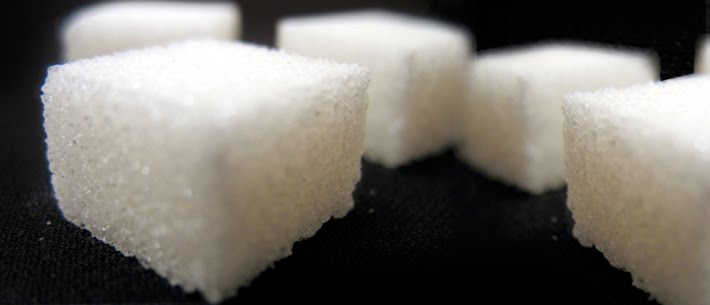Want to look younger? Cut back on sugar…it makes you look old and feel terrible
05/04/2018 / By Michelle Simmons

If you want to look younger, reduce your sugar intake. Not only does it make you fat, but it also makes you look old.
In a study published in the Journal of the American College of Nutrition, it was found that people who ate more meat, butter, high-fat dairy, and sugar were more likely to have wrinkles than those who ate more fish, olive oil, and legumes.
As the researchers looked at the diets of 453 adults from different countries, they found that processed meat, soft drinks, and pastries were associated with more skin wrinkling. On the other hand, beans, green leafy vegetables, asparagus, nuts, olives, apples, and pears were associated with less skin aging.
Eating a lot of sugar and refined carbohydrates, such as white rice, bread, and pasta, increases the levels of blood sugar in the body. When high blood sugar levels are maintained, it results in sugar molecules permanently bonding to proteins, including the collagen in the skin. This process is called glycation, which produces a chemical reaction in the skin that makes its surface more stiff and inflexible. In turn, this leads to premature aging, making the skin tougher and more wrinkled.
Consuming too much sugar is the cause of glycation. It results in three signs of aging: Wrinkles, lines, and discoloration. In addition, it can cause the skin to become saggier because both collagen and elastin are damaged and become misshapen. In addition to causing malformation of protein fibers, advanced glycation end products (AGEs) also contribute to connective tissue damage, chronic inflammation, heart disease, and diabetes.
The manifestation of the effects of glycation on the skin can be affected by diet and lifestyle habits. Therefore, it is important to refrain from eating a high glycemic load diet that is rich in sugar and refined carbohydrates, smoking, processed foods and meats, too much alcohol, and deep fried foods. In addition, avoid high-fructose corn syrup, which can be found in soft drinks and many processed sweets, because evidence has shown that this sweetener significantly increases the rate of glycation. (Related: 5 ways to look and feel much younger than your real age.)
Foods that may prevent skin wrinkling
Fortunately, glycation of protein can be repaired. Here are some foods you can include in your diet to prevent wrinkles:
- Tomatoes – Tomatoes are usually added to salads as toppings, but they are so much more than that. They are rich in vitamin C, which helps build collagen. In turn, this makes the skin appear firmer and healthier. In addition, tomatoes are packed with lycopene, which protects the skin from UV (ultraviolet) damage.
- Berries – Berries, especially blueberries and raspberries, contain flavonoids, polyphenols, vitamins, probiotics, and antioxidants. Berries scavenge free radicals that damage cells, proteins, and DNA. In addition, they promote cell regeneration for new skin.
- Green tea – Cells need to regenerate properly to keep the skin look young. Because green tea contains a lot of antioxidants and the chemical EGCG, drinking green tea helps cells grow properly and maintain a healthy life cycle.
- Yogurt and kefir – Natural and unprocessed yogurt and kefir contain probiotics, which help fight redness and irritation. These skin-friendly bacteria are also known to reduce inflammation and oxidative stress.
- Fish – Adding foods that contain healthy fats, such as wild salmon, to your diet will make your skin moisturized from the inside out.
- Nuts – Nuts like almonds contain omega-3 fats that are good for the skin. Moreover, their anti-inflammatory properties help with skin conditions like acne, psoriasis, and eczema.
- Avocados – Avocados are not only rich in healthy fats, but also in glutathione, which prevent aging. It removes toxins from the body and prevent acne and wrinkles.
- Honey – Honey contains anti-viral and antioxidant properties that are good for the skin and body. This is a healthier alternative for other types of sweetener.
Read more news stories and studies on the adverse effects of sugar by going to Sweeteners.news.
Sources include:
Tagged Under: aging, anti-aging, bad food, glycation, glycation end products, Health and Wellness, healthy diet, high blood sugar, high glycemic diet, high-fructose corn syrup, natural remedies, nutrients, premature aging, refined carbohydrates, signs of aging, Skin, skin aging, skin health, soft drinks, sugar, sugar addiction, sugar intake, sweeteners, wrinkles



